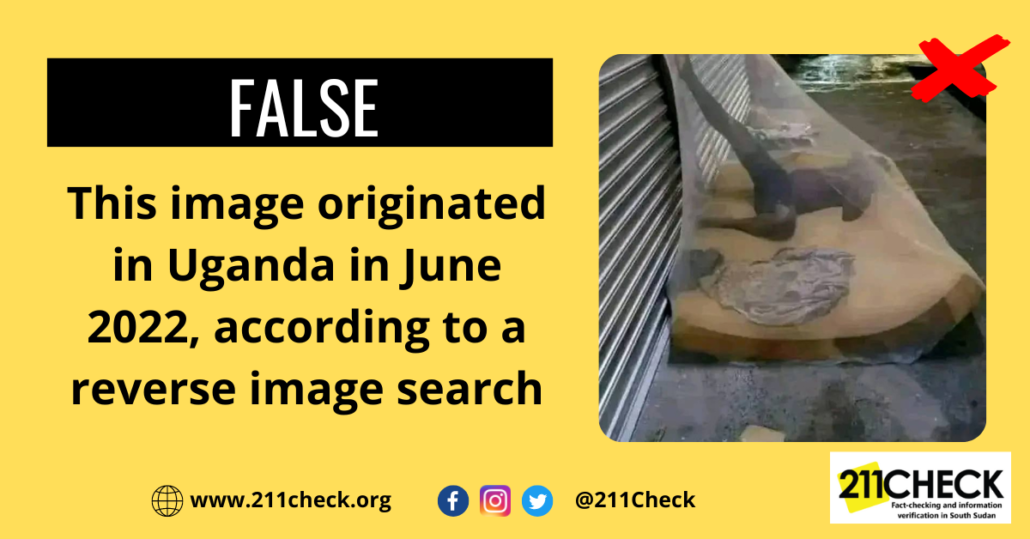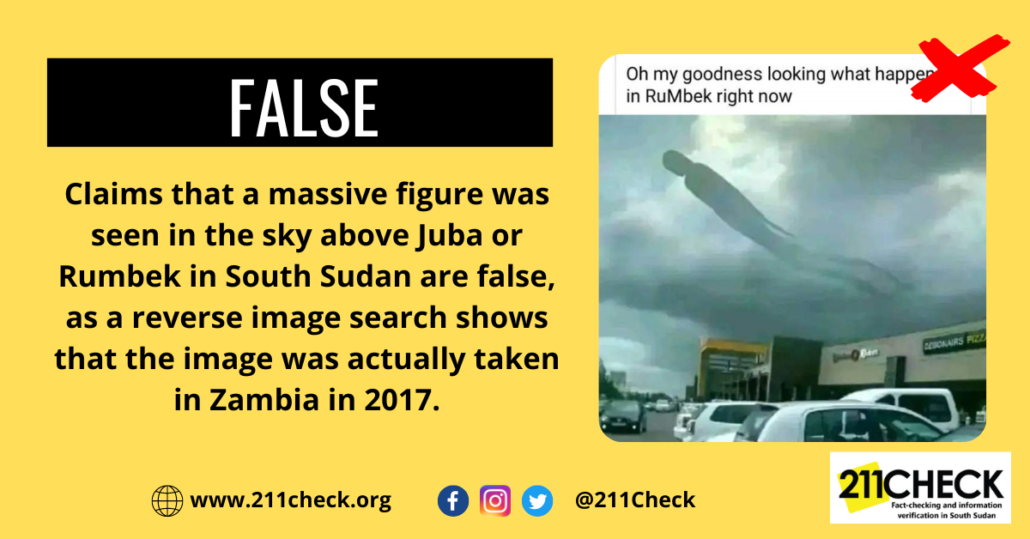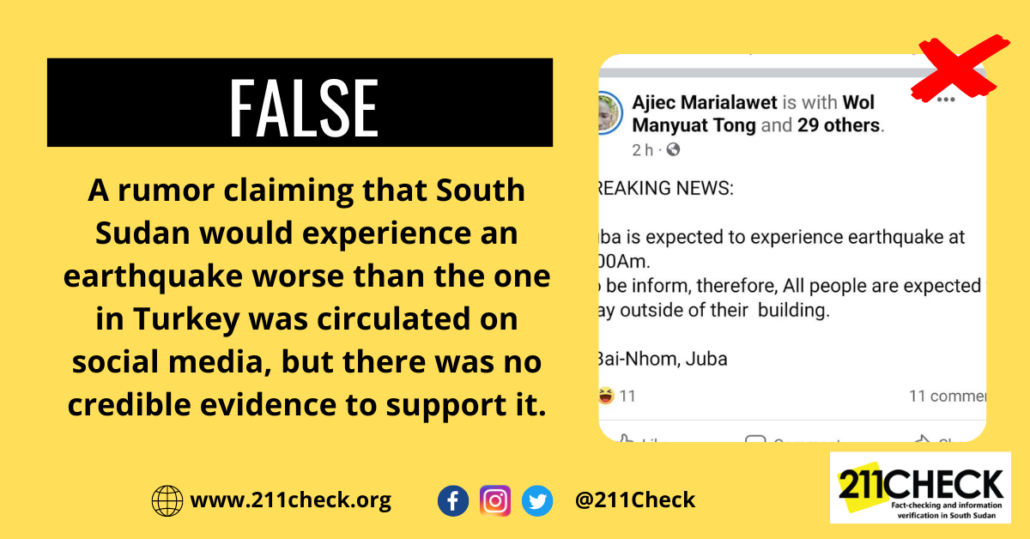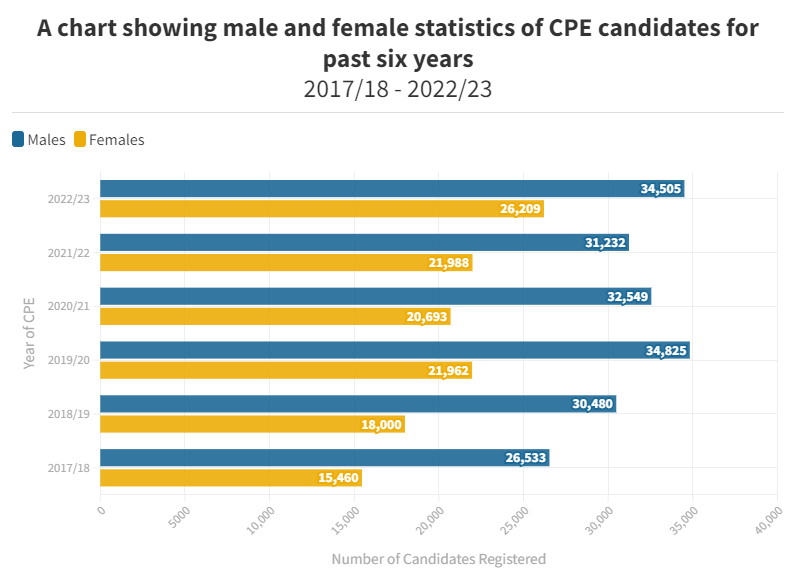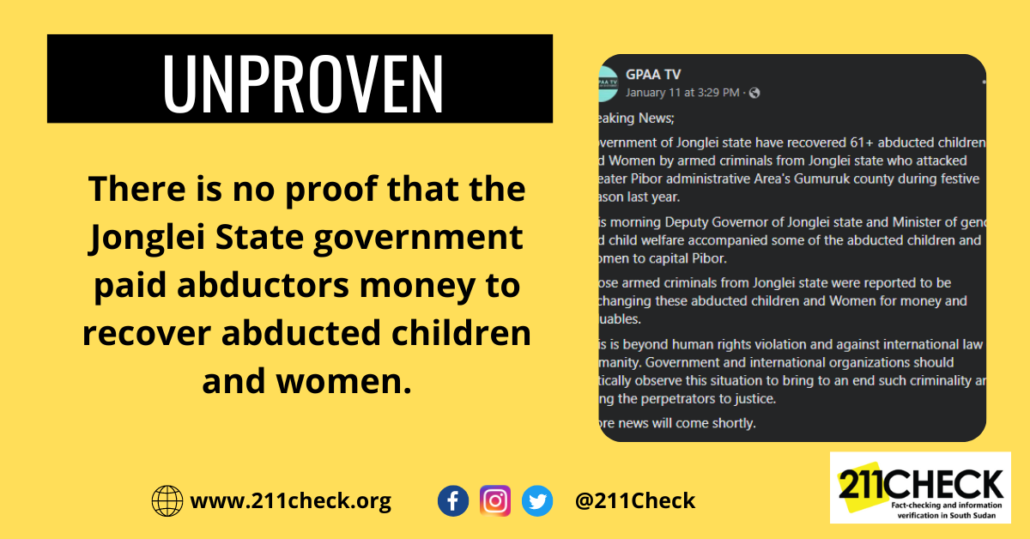Fact-check: A Facebook post saying banks in South Sudan are approving loans is a scam
There is no South Sudanese bank giving out loans, this is another online fraud. It shows how scammers use fake loan adverts to trick people into giving their personal information.
Writer: Jibi Moses
Beware of loan scams on social media! A post with the bold headline “New Loan, Apply for up to $16000” is making rounds on social media in South Sudan. The post claims that banks in the country approve loans of up to $20,000, even for those with debt, and provides a link for interested individuals to click to access the loan money. However, the post is nothing but a scam.
The page behind the post, named Finance-Personal loans, introduces itself as Escrow, and it is neither rated nor has any reviews. Only a few people reacted to the post, but some expressed interest in the opportunity.
The link in the post leads to a page that asks how much money you need and provides four options to choose from. Clicking on any of the figures takes you to the next page, which looks a little suspicious. The page asks if you have a credit card and gives you three options to choose from: “Yes,” “No,” or “No, I would like to.”
Screenshot of the false post on Facebook
A screenshot of the main advert of the post.
After selecting an option, you will be directed to another page where you need to confirm that you are not a robot. After that, you will be redirected to a website owned by M&T Bank, an American bank holding company headquartered in Buffalo, New York.
The website has unclear instructions, but a small instruction says, “I need my loan.”
The template where one is given the options of money amount
“When you click on any of the amounts or figures above, the next slide appears scary and suspicious.
“Do you have a credit card?” is the question presented, with the options of “Yes,” “No,” or “I would like to.” You must select an option to continue.”
“Whatever choice you make, you will be directed to the next page, where you will be asked to confirm that you are not a robot.
This is a website of M&T BANK with unclear instructions, except for a small instruction that I need for my loan.”
Upon investigation, it was discovered that the link provided in the post, when analysed on Whois, was for a different company called Returso. M&T Bank has no branch in South Sudan or dealings in the country. Therefore, the post is nothing but a scam, and no banks in South Sudan are giving out loans to anyone.
Screenshot showing Whois information for the scam site
Screenshot showing Whois information for M&T Bank
Meanwhile, M&T Bank Corporation is an American Bank holding company headquartered in Buffalo, New York. It has no branch in South Sudan nor any dealings in the country.
Conclusion:
Based on the information presented, the entire article appears to be fraudulent since no South Sudan banks provide loans to individuals. The two organisations, Returso and M&T Bank mentioned do not have a presence in this region, and their websites do not indicate any offers for free loans.
Scammers use these tricks for fishing out people’s personal details, which they later use for personal gains. These personal details include email addresses, bank account information, social media accounts, and more. It is important to remain vigilant and protect oneself against cybercrime.
If it sounds too good to be true, it probably is. Before applying for any loans, research and check the authenticity of the institution offering the loan. It is always better to be safe than sorry.
Fight misinformation in mainstream and alternative media by not being a victim of fake news. Refrain from sharing content you are unsure about or don’t know where it comes from to prevent spreading false information. For more information on our fact-checking process, visit https://211check.org/ or send us a WhatsApp message at +211 917 298 255 to present a claim. Our team will fact-check it and respond promptly. #FactsMatter


